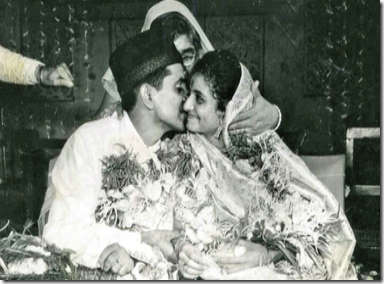They are a tiny community, whose ancestors came to India due to religious persecutions in Persia (Iran). Their numbers are down to a critical 61,000 and diminishing by the day. India’s population increases by 21% and the Parsi population declines by 12% every census decade.
Article by Homiar Nariman Vakil | TNN

Parsi Zoroastrians have been given preferential treatment in foreign countries especially India. If Uniform Civil Code is enforced all the protection given to a tiny community like Parsis will be abolished, the age old Privy Council judgements will hold no good.
There is no legal adoption amongst Parsis and therefore if a Parsi couple decides to adopt a child, she or he would not enjoy automatic rights of inheritance.
Who can be a member of a particular religious denomination, or who can have a right to insist on being a member and be entitled to the use of religious institutions, is determined by the personal law of that denomination, which in turn is based on the precepts, beliefs and tenets of the religion.
Article 25 (1) of the Constitution of India provides that all persons are equally entitled to freedom of conscience and the right freely to profess, practice and propagate religion, this is subject to public order, morality and health. It is also subject to Article 26 (b), which provides that every religious denomination shall have the right “to manage its own affairs in matters of religion”. Article 44 states the Directive Principle that the State shall endeavour to secure for citizens a uniform civil code throughout the territory of India. However, it has not been implemented till date.
The children of a Parsi Zoroastrian man who married outside the community can become a Parsi, but not the children of a Parsi woman married to a non-Parsi. Some women in the community have questioned this and taken the matter to courts. RD Tata had married a French woman who had embraced the Zoroastrian religion and had a Novjote ceremony. He pleaded that this meant she could enter an Agyari and be consigned to the Tower of Silence after her death. However, there was an uproar from orthodox Parsis, and the high court then ruled in their favour. Parsis, being one of India’s most progressive communities, are used to this conflict between liberal and orthodox viewpoints. The enforcement of a Uniform Civil Code will not be easy with most communities, especially in a secular country like India.
The transition from personal laws to Uniform Civil Code should be an evolutionary process, which preserves India’s rich heritage. Sensitisation efforts are needed to reform the current personal laws, which should be first initiated by communities themselves. The energy should be focused not on fighting the old, but on building a new code that preserves the rich cultural heritage of small communities like Parsis, Christians and countless others in India.
(The writer is partner of the law firm Mulla & Mulla & Craigie Blunt & Caroe)








